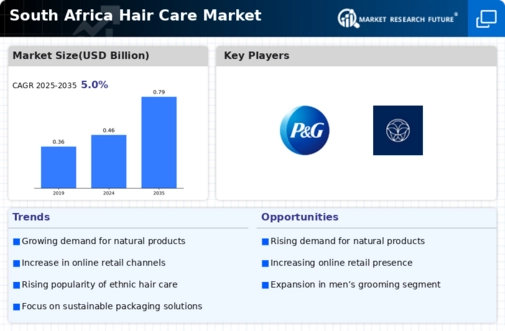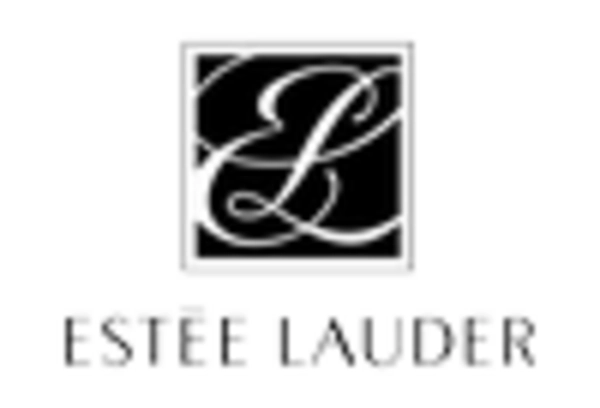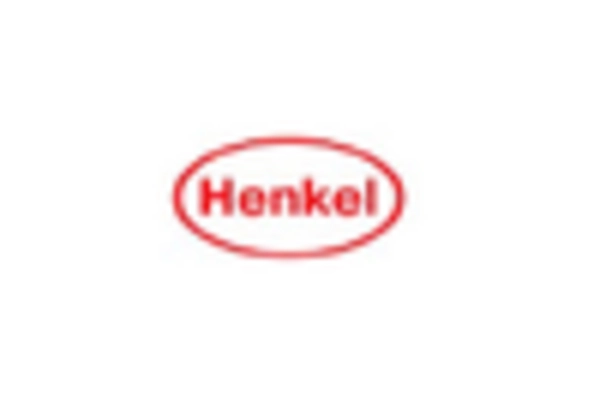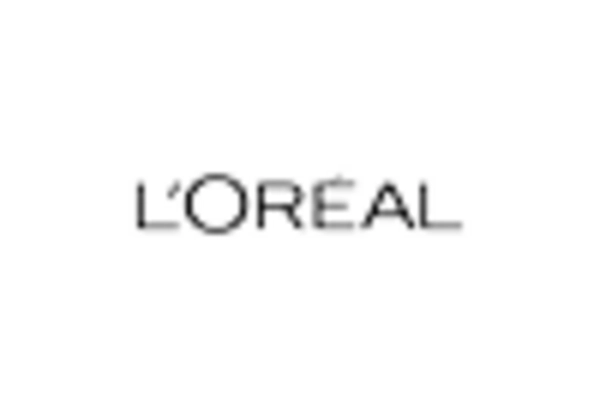Market Analysis
In-depth Analysis of South Africa Hair Care Market Industry Landscape
The South Africa hair care market is influenced by various market factors that shape its dynamics, including demographic trends, economic conditions, consumer preferences, technological advancements, and regulatory environments. One of the primary market factors is the country's demographic composition, characterized by a diverse population with varying hair types, textures, and styling preferences. South Africa's multicultural society includes individuals of African, European, Asian, and mixed-race heritage, each with unique hair care needs and cultural practices. As a result, the hair care market in South Africa is characterized by a wide range of products catering to different hair types, including curly, coily, wavy, and straight hair textures.
Economic conditions play a significant role in shaping the South Africa hair care market, influencing consumer purchasing power, spending patterns, and brand preferences. The country's economic performance, income levels, unemployment rates, and inflationary pressures impact consumer confidence and discretionary spending on personal care products, including hair care. During periods of economic growth and stability, consumers may be more willing to invest in premium or specialized hair care products, while economic downturns or uncertainties may lead to a shift towards more value-conscious options.
Consumer preferences and lifestyle trends are key drivers of market dynamics in the South Africa hair care market. With an increasing emphasis on health, wellness, and self-expression, consumers seek products that address their specific hair concerns, promote natural beauty, and reflect their personal style and identity. This has led to a growing demand for natural, organic, and plant-based hair care products formulated with botanical extracts, essential oils, and nourishing ingredients. Additionally, trends such as embracing natural hair textures, protective styling, and DIY hair care rituals influence product choices and purchasing decisions among South African consumers.
Technological advancements and innovation drive product development and differentiation in the South Africa hair care market. Companies invest in research and development to formulate products with advanced formulations, proprietary technologies, and scientific breakthroughs that deliver superior performance, efficacy, and results. This includes innovations in areas such as hair repair, scalp health, color protection, and heat styling protection, addressing specific hair care needs and providing solutions for common concerns encountered by consumers.
Furthermore, regulatory environments and compliance requirements impact market dynamics in the South Africa hair care market. Regulatory frameworks govern product safety, labeling, advertising, and ingredient restrictions, ensuring consumer protection and public health. Companies must navigate and comply with regulations set forth by governing bodies such as the South African Bureau of Standards (SABS), the Medicines Control Council (MCC), and the Department of Health (DOH) to market and sell hair care products in the country. Additionally, regulatory changes or updates may affect product formulations, packaging designs, or marketing claims, requiring companies to adapt and remain compliant to maintain market presence and consumer trust.
Socio-cultural factors also influence market dynamics in the South Africa hair care market, reflecting societal norms, cultural traditions, and beauty ideals. Hair plays a significant role in South African culture, with diverse hairstyles and grooming practices serving as expressions of identity, heritage, and personal style. Traditional hair care practices, such as scalp massage, oil treatments, and herbal remedies, coexist alongside modern hair care routines and product preferences, shaping consumer behavior and product usage patterns in the market.



















Leave a Comment